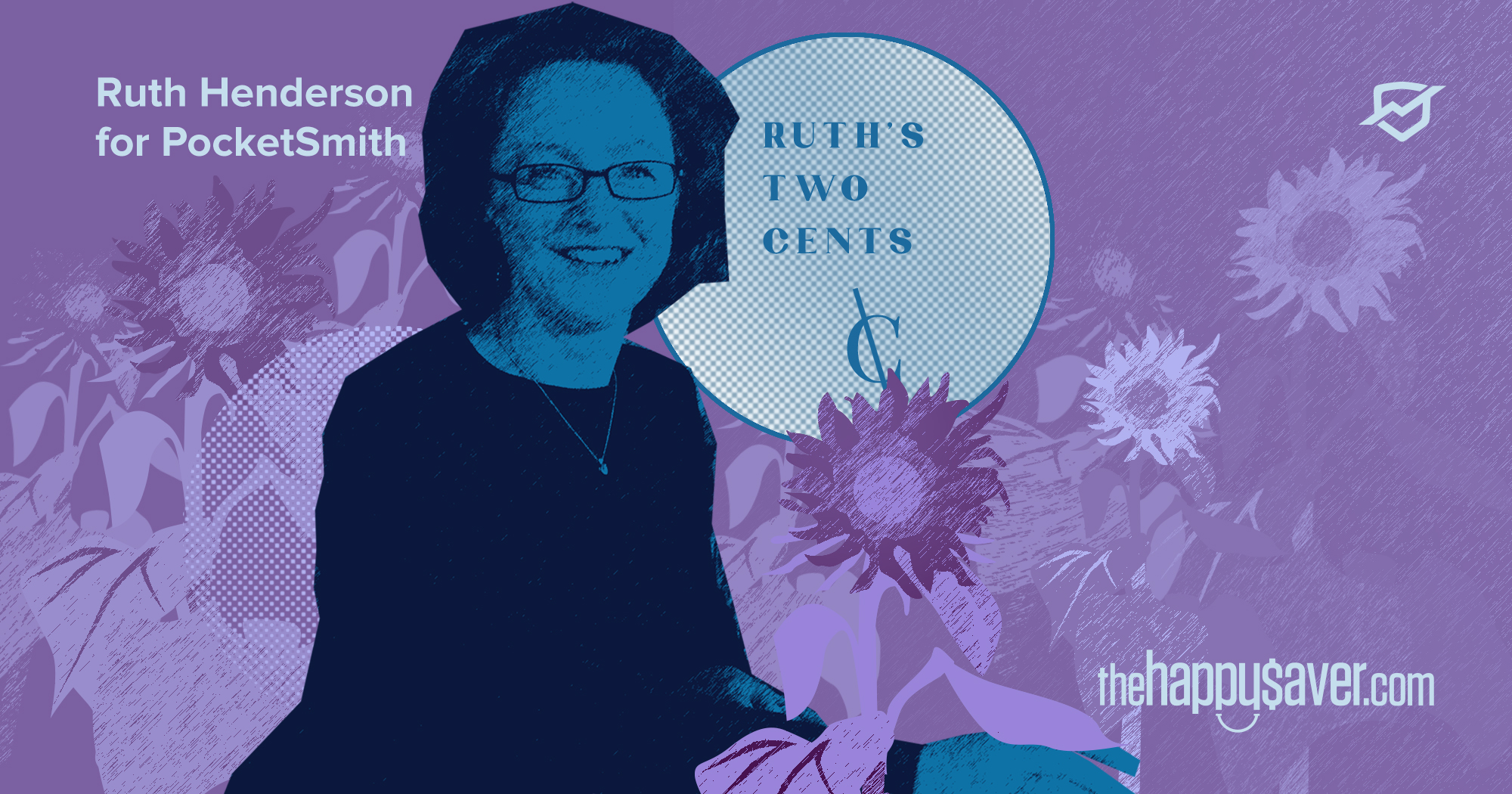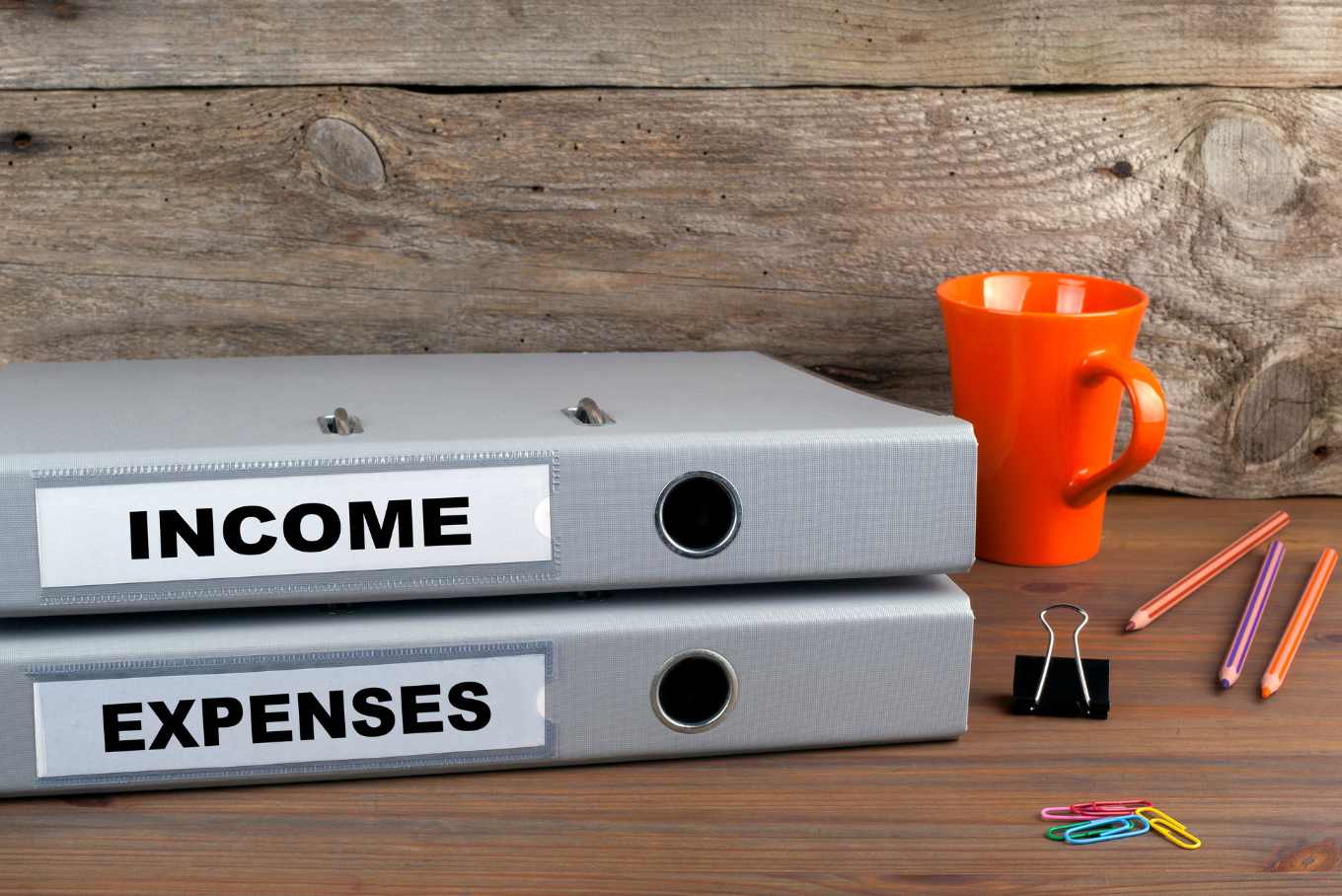
Hi Ruth,
I can’t believe that 2023 is only a couple of days away! I’ve never been one for New Year resolutions, but after an unpleasant couple of years I want to start the new year intentionally improving my financial wellbeing. Which aspects of my money should I be working on, and what kind of goals should I be setting?
Planning your finances for the new year is one thing. But for me, making a financial new year’s resolution has many similarities to the microgreen spouter I was given as a gift for my birthday this year: I immediately started growing not just one, but three tiers of microgreens. I diligently watered them three times a day — heck, I even looked forward to doing it! By day four, I forgot to water them, and by day six, I failed to both water and eat them. By day eight, I had to throw them out as they were going rotten.
What was my issue?
Financial resolutions made in the new year are the same; they rarely last. So let’s all just lower our expectations of ourselves, okay?
If you have had a rough couple of years, you at least now know what you don’t want. The only way is up from here. If it is on your mind that you want to whip your finances into shape, I will give you just a single task to do. Only one. Because if I bombard you with suggestions, you and I know you won’t do any of them. If I am playing my cards correctly here, my proposal will pique your interest in your money and help you unlock other parts of your financial life that will interest you enough to look into them a bit more.
Are you ready for this?
Get a pen, paper and calculator, or use an application like PocketSmith to really speed things up. You may also need coffee or wine, you choose because this is going to take you about an hour.
On the X axis, write down the last three months, e.g. September, October, and November.
Pull up your bank accounts on your computer and select the transactions only for September.
Now, in the Y axis, start writing broad categories for the transactions you begin to see. For example, if you see transactions for your local deli, supermarket and wholefood store, just create a category name of Food. Some common category names that I suggest starting with are:
Keep adding each new transaction to each category until you have the total amount of money you spent in September for each category. Below that total, write your income for that month.
Repeat this process for October and November. That is all I want you to do.

What comes next? Just take some time to observe.
How do you feel about your actual finances now that you can see your spending in black and white? With zero judgment, given what you earn, are you spending more or less than your monthly pay cheque? Is the gap between those two numbers wide enough? Where is all your money going, and are you okay with those choices?
If you have a partner, bring them into this conversation too. Share the details that will get them involved and interested in your shared finances. There is no scrutiny needed here; the money is already spent, and the point is to decide if you will make the same choices next month and beyond.
For many people, this is the first time they have eyeballed each transaction and weighed up how it felt to spend that money. It is often quite a sobering experience. Do you look at an expense and it brings up fond memories, or do you regret it? Do you even remember making some of the transactions? As you now well know, transaction by transaction, your income is siphoned away from you, sometimes in such a way that you don’t even notice.
Only you can decide the correct level of spending and earning for you.
But being able to take a three-month snapshot of your earnings and spending is enough to help you make some lasting decisions about your money. If you average things out, how much have you spent and earned in 12 months? Less than you thought, or way too much?
And yes, you can focus on a $5 daily coffee or a barely used gym membership, but I know in my own home that concentrating on the bigger expenses was where we found the most wins. For example, our monthly grocery spend, when I compared it to the income we made, seemed far too high. So together we committed to a weekly amount we would spend that felt ‘better’, and it was a modification that we could stick to.
This festive season I don’t doubt that you will read, watch and listen to many experts advising you on how to change up your finances for the coming year. But I’m encouraging you just to take one step, find out what you spend and earn for three months and then use that information to guide future decisions.
This is precisely how I started my journey to financial independence. And although I tried to keep my spreadsheet updated each month, it never happened. Even someone interested in personal finance couldn’t keep up with the effort required! But this short exercise piqued my interest — my expenses were telling me something, and I wanted to learn more.
Realizing what I had spent helped me make better decisions about what I would spend in the future. And as the gap began to widen between spending and earning because I was making better decisions with my money, that sent me off in search of new information about debt reduction and investing. For now, just a simple three-month audit is all required to kick start lasting change that goes well beyond any New Year resolution.
Got a burning money question for Ruth? Send them through to [email protected]!
Ruth blogs at thehappysaver.com all about how she and her family handle money. What’s the secret? Spend less than you earn, invest the difference, avoid debt and budget each dollar that flows through your hands. She firmly believes that if you can just get the basics right, life becomes easier from there on in.